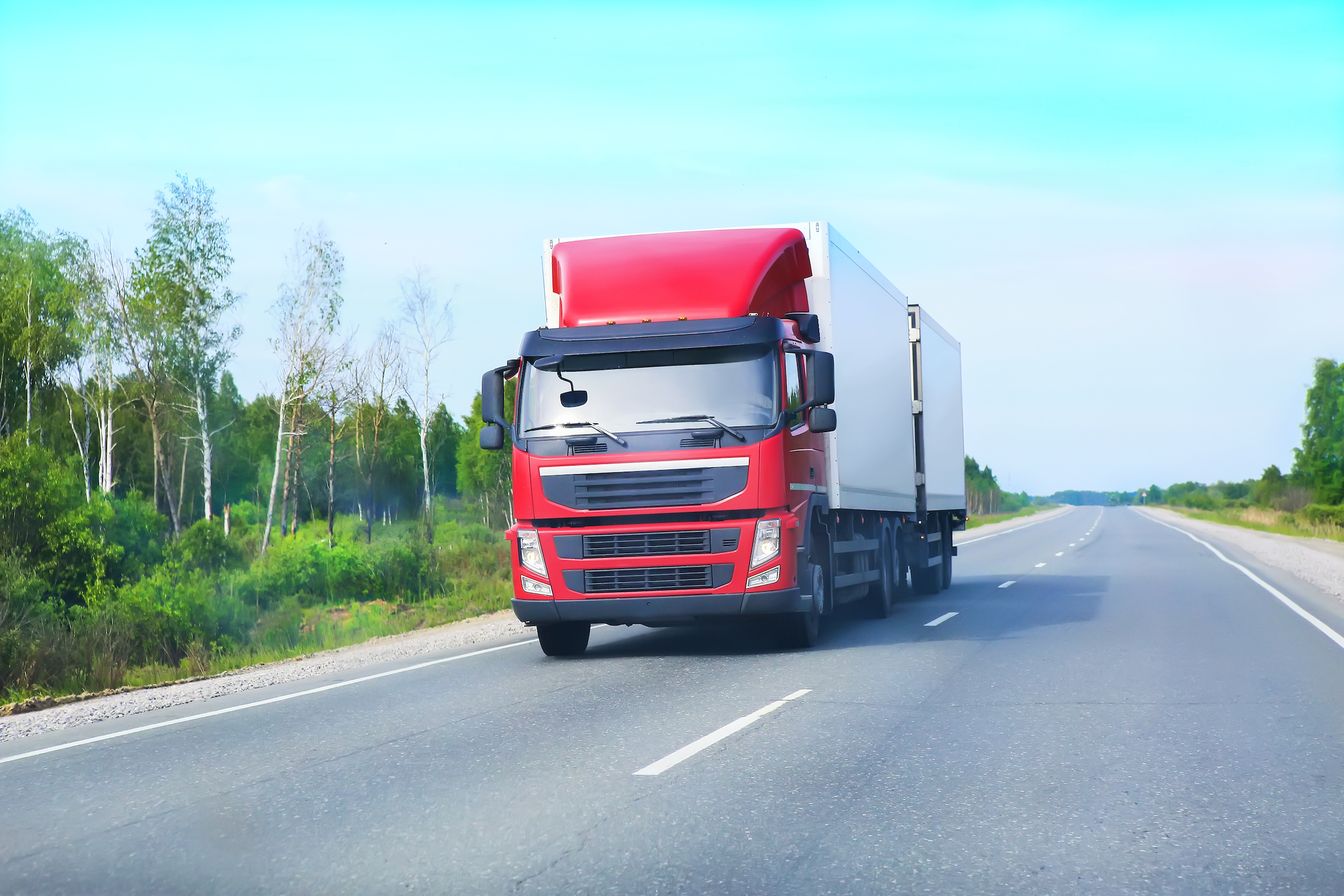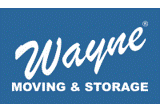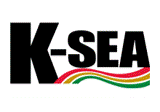
Transportation & Logistics
Overview
Transportation and Logistics consists of all the products and services that move passengers or cargo from point A to point B, whether that be via air, rail, water, or road. Many companies in this industry provide a key connection, transporting products from wholesalers to retailers. There are a variety of factors affecting this industry including consumer spending, fuel costs, industrial production levels, and labor market dynamics to name a few.
The continual rise of E-Commerce is also a factor promoting growth in this industry creating a need to facilitate the fulfillment of direct-to-consumer orders. Technology and innovation is changing this industry as well with new products and services such as fleet management software, freight forwarding technology, electric and autonomous driving vehicles, and drones.
Additionally, as large corporations continue to expand into international markets, strong logistics solutions will be critical. In addition to controlling demand for certain products, consumer preferences are also influencing logistics and transportation, increasing the digitization, transparency and speed of the delivery process.
Recently, there has been an emphasis on infrastructure improvements, which spans roads, bridges, tunnels, and rails, which will hopefully increase efficiencies and lower costs for logistics companies. Both public and private entities are starting to push rail as a more efficient method of transporting both product and passengers. Lastly, companies in this space are particularly scrutinized on the sustainability front putting pressure on the transportation industry to adapt and change.
In the Transportation and Logistics industry, MorrisAnderson has successfully worked on cases in the roles of Financial Advisor, Refinancing, Debt Restructuring, and Interim Management. A more detailed list of specific industries is as follows:
Sub-Industries
Trucking
Logistics
Barges & Tugboats
Airlines
Cabs & Limos







